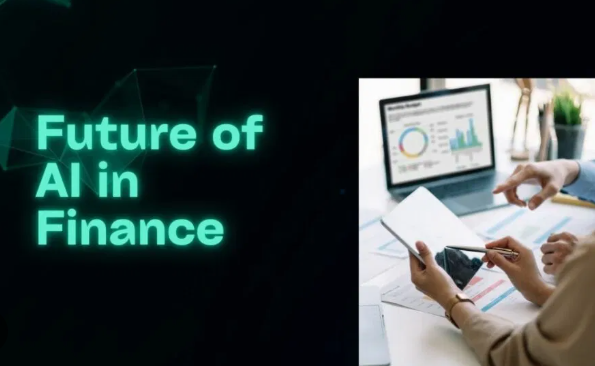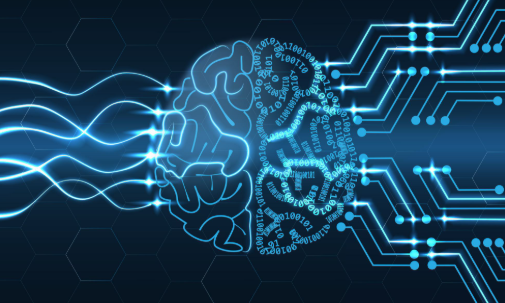The future of Artificial Intelligence (AI) in finance is bright and full of transformative possibilities. As AI technologies continue to advance, they are set to revolutionize the financial industry by enhancing efficiency, improving customer experiences, and enabling innovative products and services. Here’s what to expect in the coming years:
1. Hyper-Personalized Financial Services
AI will enable financial institutions to deliver deeply personalized products and services. By analyzing real-time data, AI systems will tailor recommendations for investments, savings, insurance, and loans to individual customer needs and behaviors, enhancing satisfaction and loyalty.
2. Advanced Predictive Analytics
Future AI models will leverage even larger and more diverse datasets, including alternative data sources such as social media, IoT devices, and macroeconomic indicators. This will improve the accuracy of market forecasts, risk assessments, and customer behavior predictions, supporting smarter decision-making.
3. Autonomous Financial Advisors
Robo-advisors powered by AI will become more sophisticated, providing fully autonomous financial planning and wealth management services. These systems will adapt dynamically to market changes and personal circumstances, offering continuous portfolio optimization.
4. Enhanced Fraud Detection and Cybersecurity
AI will evolve to detect increasingly sophisticated fraud and cyber threats in real time. By using behavioral biometrics and adaptive learning algorithms, AI systems will provide proactive security measures to protect both financial institutions and customers.
5. Integration with Blockchain Technology
AI and blockchain will increasingly converge to create secure, transparent, and efficient financial ecosystems. Smart contracts powered by AI will automate complex transactions and regulatory compliance, reducing costs and errors.
6. Democratization of Finance
AI will help bridge the gap for underserved populations by providing access to credit, insurance, and investment opportunities that were previously unavailable due to lack of traditional financial data. This democratization will promote financial inclusion globally.
7. Ethical and Explainable AI
As AI becomes more integral to finance, there will be a strong emphasis on ethical AI frameworks and explainability. Institutions will focus on creating transparent models that regulators and customers can trust, balancing innovation with responsibility.
8. AI-Driven Regulatory Technology (RegTech)
RegTech powered by AI will automate compliance processes, making it easier for financial firms to adhere to evolving regulations. This will reduce compliance costs and risks, allowing faster adaptation to new laws.
9. Collaboration Between Humans and AI
The future of finance will feature more collaboration between AI systems and human experts. AI will handle data-driven analysis and routine tasks, freeing professionals to focus on strategic decisions, relationship-building, and ethical considerations.
Conclusion
The future of AI in finance promises a landscape where intelligent machines and human expertise work hand-in-hand to create more efficient, secure, and inclusive financial services. Institutions that embrace these innovations thoughtfully will gain competitive advantages and better serve their customers in an increasingly complex world.







Leave feedback about this